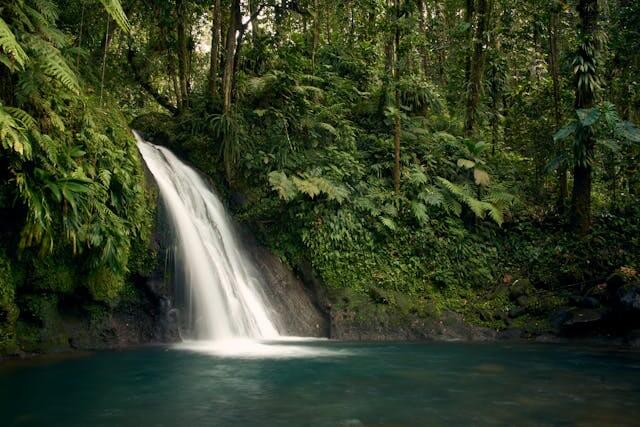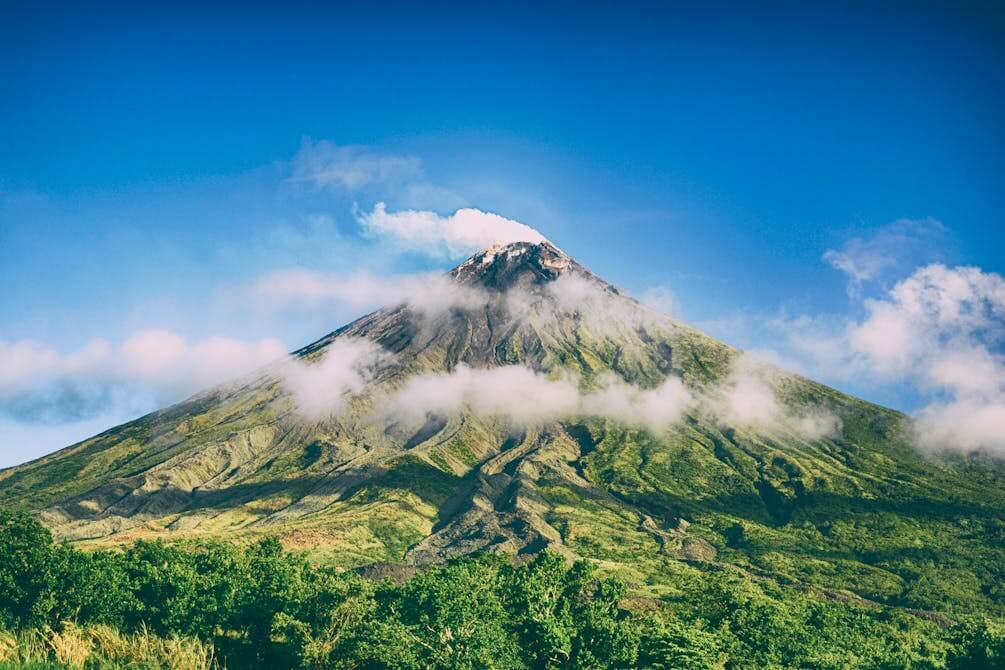| der Bach |
Der Bach fließt langsam durch das Tal. |
The stream flows slowly through the valley. |
| die Bucht |
Die Bucht bietet einen perfekten Platz zum Schwimmen. |
The bay offers a perfect place for swimming. |
| die Düne |
Die Düne schützt das Land vor Überschwemmungen. |
The dune protects the land from flooding. |
| der Fels |
Der Fels ist durch die Erosion geformt. |
The rock is shaped by erosion. |
| das Flachland |
Das Flachland eignet sich gut für die Landwirtschaft. |
The lowland is well suited for agriculture. |
| das Gebirge |
Das Gebirge ist bei Wanderern sehr beliebt. |
The mountain range is very popular with hikers. |
| der Gipfel |
Vom Gipfel aus hat man eine atemberaubende Aussicht. |
From the summit, you have a breathtaking view. |
| die Höhle |
Die Höhle ist durch natürliche Prozesse entstanden. |
The cave was formed by natural processes. |
| die Insel |
Die Insel ist von tropischen Pflanzen umgeben. |
The island is surrounded by tropical plants. |
| der Kontinent |
Antarktis ist der kälteste Kontinent der Erde. |
Antarctica is the coldest continent on Earth. |
| der Krater |
Der Krater des Vulkans ist riesig. |
The crater of the volcano is huge. |
| der Küstenstreifen |
Der Küstenstreifen zieht viele Touristen an. |
The coastline attracts many tourists. |
| das Meer |
Das Meer hat eine ruhige und friedliche Atmosphäre. |
The sea has a calm and peaceful atmosphere. |
| der Ozean |
Der Ozean bedeckt einen Großteil der Erde. |
The ocean covers a large part of the Earth. |
| die Schlucht |
Die Schlucht ist sehr tief und gefährlich. |
The gorge is very deep and dangerous. |
| der See |
Der See friert im Winter oft zu. |
The lake often freezes in winter. |
| der Sumpf |
Der Sumpf ist Lebensraum für viele Tiere. |
The swamp is a habitat for many animals. |
| das Tal |
Das Tal liegt zwischen zwei hohen Bergen. |
The valley lies between two high mountains. |
| der Vulkan |
Der Vulkan kann jederzeit ausbrechen. |
The volcano can erupt at any time. |
| der Wasserfall |
Der Wasserfall rauscht mit großer Kraft. |
The waterfall rushes with great force. |
| der Windkanal |
Der Windkanal wird für aerodynamische Tests genutzt. |
The wind tunnel is used for aerodynamic testing. |


